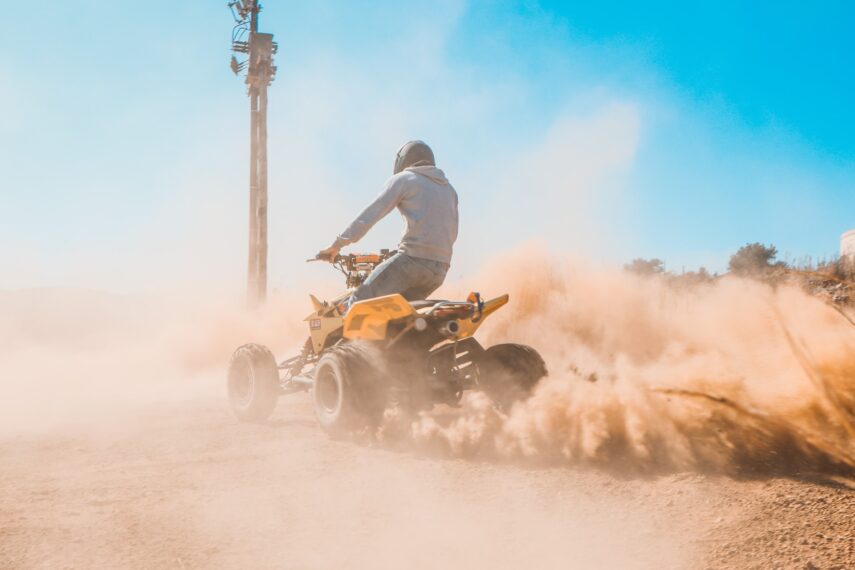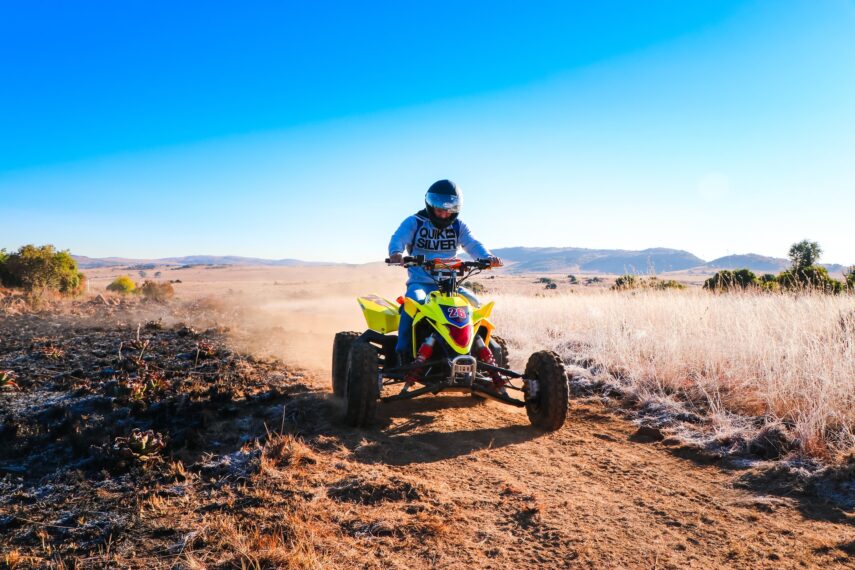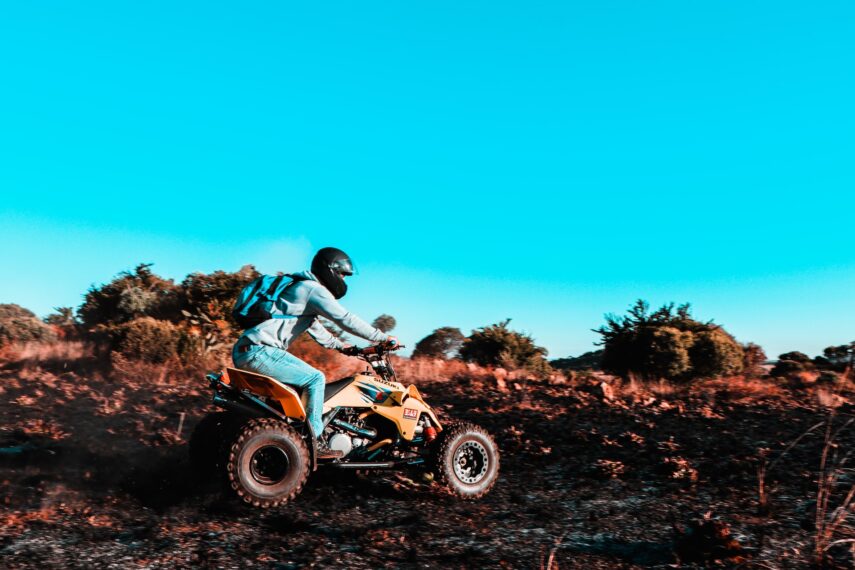Plenty of people in Florida use all-terrain vehicles (or ATVs) for recreation, transport over rough terrain, or other purposes. In terms of safety, they’re closer to motorcycles than they are to cars; if an accident occurs involving an ATV, it often results in a potentially life-threatening injury.
Sometimes this is the result of user error, and sometimes it’s caused by a technical malfunction. Whatever the case, anyone who’s been injured as a result of ATV use (either theirs or someone else’s) may decide to consult a car accident attorney like Morgan & Morgan to see if they’re entitled to compensation. Who does this apply to, though? Here’s some background information.
Filing an ATV accident claim in Florida

Depending on what exactly happened, there could be multiple liable parties. If you or someone you know has been involved in an ATV accident in Florida, the first step is to file a claim under the no-fault personal injury protection (PIP) insurance policy (which is required coverage in Florida).
The next step is to determine whether the injured party has crossed the “personal injury threshold” – whether they’ve experienced permanent damage of some kind. This could be loss of physical function, disfigurement or scarring, permanent injury of any kind, or death. If this is established, the at-fault parties could have a claim filed against them for the following damages:
- Pain and suffering
- Emotional distress
- Lost benefits
- Lost wages/future earnings
- Cost of specialized medical equipment
- Cost of rehab or long-term care
- Any other related medical expenses
Understanding the popularity of ATVs
Built with either three or four wheels, all-terrain vehicles are used for many purposes. Some people have an ATV for ranching, while others use them for competitive racing. They’re certainly handy for a wide variety of tasks, especially in areas where regular vehicles can’t go. They can be used for cargo transportation over areas that lack paved roads, herding livestock, rescue efforts, and more.
Some have pointed out that a major factor in ATV-related accidents is the lack of regulation at both federal and state levels. The only real requirement for riding an ATV is having access to one; beyond that, it’s up to the individual to take safety precautions. Of course, that doesn’t always happen, which is why there are so many injuries associated with ATVs.
What causes ATV-related accidents?

There’s very little regulation for using an ATV in Florida; as long as you’re 16 years old or more, you can hop on and enjoy the ride. What about people under 16, though? They have to be supervised, or have a safety education certification before riding on public property.
This still leaves a lot of leeway for unqualified people to use ATVs. For example, teenagers on a family ranch could have free access to an ATV, or someone who’s never learned how to drive a vehicle could take an ATV onto a public road. Here’s an overview of the most common causes of ATV-related accidents:
- Reckless driving
- User error
- Driving under the influence of alcohol or drugs
- Operating the ATV in inclement weather conditions
- Driving at unsafe speeds
- Driving a defective or damaged ATV
- Allowing too many passengers onto the ATV
- Sitting improperly on the ATV
- Driving the ATV on public roads, leading to collisions
There are many different reasons why someone could get injured while on or around ATVs. Plus, most people don’t wear protective gear like helmets; if they get into an accident, the main thing protecting them from serious injury is dumb luck.
Possible injuries resulting from ATV-related accidents
Motorcycle injuries are notorious for being severe; ATV injuries tend to be on the same level. The most common ATV-related injuries include:
- Lacerations
- Paralysis
- Brain injuries
- Neck injuries
- Back injuries
- Head injuries
- Bone fractures
Not all of these injuries result in death, but many of them do – especially in Florida, as it has one of the highest incidents of ATV accidents that result in a fatality.
Tips for preventing ATV injuries

Whether you’re going to be riding an ATV, or you own the property on which ATVs will be operated, there are several ways to reduce the likelihood of injury for everyone involved.
Even if there aren’t traffic laws in somebody’s back pasture, there’s still a duty of responsibility on the part of the landowner and any adults who are present. This is especially true if children are riding on ATVs. While it’s definitely fun for a kid to hitch a ride on an ATV, it’s never advised for children to use ATVs that were designed for fully grown adults. Even if the children are on appropriately sized ATVs, they should have received specialized training beforehand. And no matter what the person’s age, anyone who’s using an ATV (whether it’s as a driver or as a passenger) should use gloves, goggles, and a helmet.
How to determine liability

You would think that the overall riskiness of ATV usage would lead manufacturers to operate at a high standard of safety, but that isn’t the case. Hundreds of thousands of faulty ATVs have been recalled in the last 20 years, in many cases after users started getting injured because of dangerous defects.
Product liability could come from poor design, a manufacturer’s failure to warn, or low-quality manufacturing standards. Design flaws can result in vehicles that are dangerous to operate; they’re often only discovered after injuries have been reported. The same goes for low-quality manufacturing standards; the dependability of the particular ATV might depend on which factory made it, or which supplier was responsible for the raw materials. If a manufacturer fails to warn customers, though, this means that the maker knowingly sold consumers a product that could potentially harm them. Here are a few examples of what product liability cases could involve:
- Vehicle rollovers
- Parts failure
- Brake failure
- Steering failure
- Gas tank explosion
As you can see, the possibility of ATV accidents isn’t something to take lightly. Fortunately, anyone can reduce their chances of being injured while using an ATV with the right information and a little common sense.







